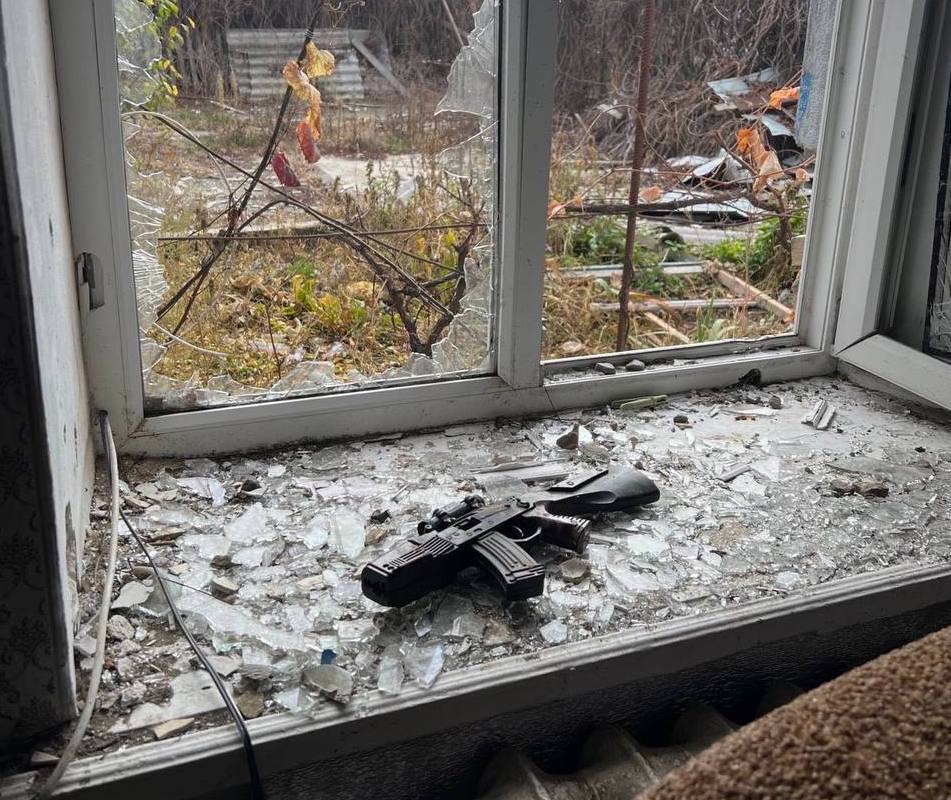Russian Ministry of Defense accuses own troops of giving away positions
Russian command blames own troops
Based on material from Novaya Gazeta Europe. Full version here.
The Armed Forces of Ukraine (AFU) launched a missile attack on a Russian regiment in a building in the city of Makiivka, with dozens killed. The Russian Ministry of Defense’s take: our troops shouldn’t have been using their cellphones.
Casualty reports
The Russian Ministry of Defense has reported about 89 dead, among them deputy commander of the regiment, Lieutenant Colonel Bachurin. The circumstances of the incident are being investigated, but the perpetrators have already been found in the Ministry of Defense — in their opinion the troops themselves, who were using their cellphones in spite of a prohibition, which made it possible to pinpoint their location and direct missiles there.
The true number of those killed is still unknown. The Strategic Communications Department of the Armed Forces of Ukraine says that about 400 mobilized troops were killed, and about 300 injured.
War correspondents, bloggers, and some security officials from the occupied territories, demanded explanations and even punishment for crowding a regiment into a single building.
- MEP Bernard Guetta on the possibility of world war
- What Zelenskyy got from Washington and how the trip was organized
- “Russia will not appeal to the UN regarding peacekeepers” – Armenian political scientist
Incompetence at the top
This is not the first strike on Russian forces gathered in a compact location. There have been reports of a successful shelling of another detachment on December 31. According to the Armed Forces of Ukraine, Russian losses were 500 wounded and dead, with no confirmation from Russia.
According to experts, Russian commanders are well aware of troop vulnerability when crowded in single locations.
“The crowded deployment of personnel and equipment in the frontline zone is a known problem and is expressly prohibited by combat regulations,” Israeli military expert David Gendelman explains.
Nevertheless, not all commanders are fully aware of this even after ten months of war. In urban warfare it is much easier to place soldiers in single buildings (often schools, which happened in this case) than to disperse them in platoons, use basements, build fortifications, and so on.
A Russian military expert, who asked not to be named, agrees with his Israeli colleague.
“We have a banal bungling, expressed in non-compliance with all possible statutory requirements,” he believes. “Command is illiterate, they don’t care, so the rear relaxes and everyone underestimates the enemy’s abilities.”
He also says that the Russian commanders are older and not used to being in the field, preferring creature comforts. So instead of taking up position in parks or forests, they will do so in buildings in the middle of cities.
The mid-level Russian officers themselves also say that the main problem is the upper leadership’s disregard of basics.
“None of the generals wants to think about security!” says a Russian officer who is today close to the combat zone. He claims that many officers demanded fortified structures to shelter in. Answer: no special conditions for anyone.
“Obviously it isn’t the Russian soldiers’ fault for trying to talk to their families on New Year’s Eve. The whole city knew they were quartered in the vocational school. Someone leaked the Armed Forces of Ukraine data and helped direct the strike, and then it’s a matter of technology. The mobile network confirmed the accumulation of people in that location,” the Russian officer states.
On January 4 the Kremlin posted a video of President Putin taking part in the launching of the Admiral Gorshkov frigate. He was accompanied (via video link) by Defense Minister Sergei Shoigu. Before the ceremony, Putin and Shoigu, smiling, congratulated each other on the New Year holidays. Not a word was said about the soldiers in Makiivka.




















